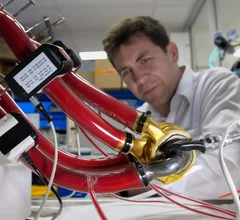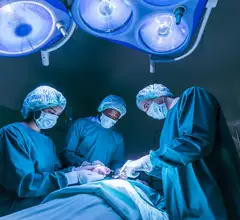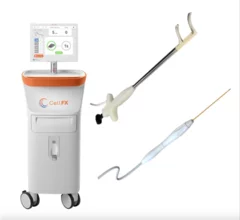Cardiac Surgery
Cardiothoracic surgery includes coronary artery bypass surgery (CABG), heart valve repair or replacement, left ventricular assist device (LVAD) placement, heart transplant, assisting in minimally invasive transcatheter valve structural heart procedures such as TAVR, left atrial appendage (LAA) occlusion, septal myectomy, surgical ablation for arrhythmias, and reconstruction of the heart in congenial heart disease cases.
Displaying 185 - 192 of 432


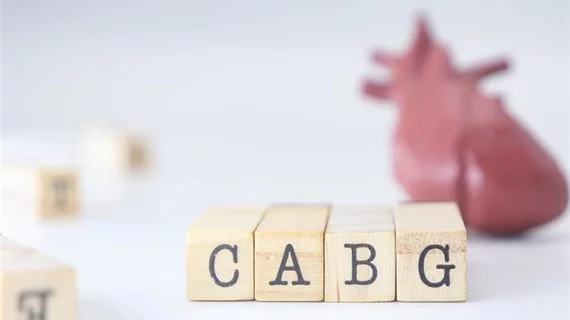


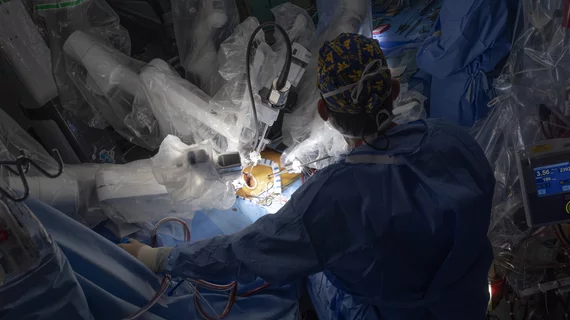
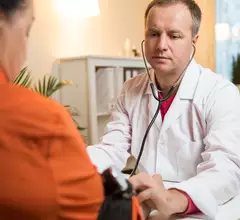
![Researchers have developed artificial blood vessels that could be as strong and durable as the real things, publishing their work in Advanced Materials Technologies.[1] The group hopes its work could go on to make a significant impact in care for heart bypass patients.](/sites/default/files/styles/240x220/public/2024-07/screenshot_2024-07-25_at_2.38.35_pm.png.webp?itok=Kv-BN0d2)
